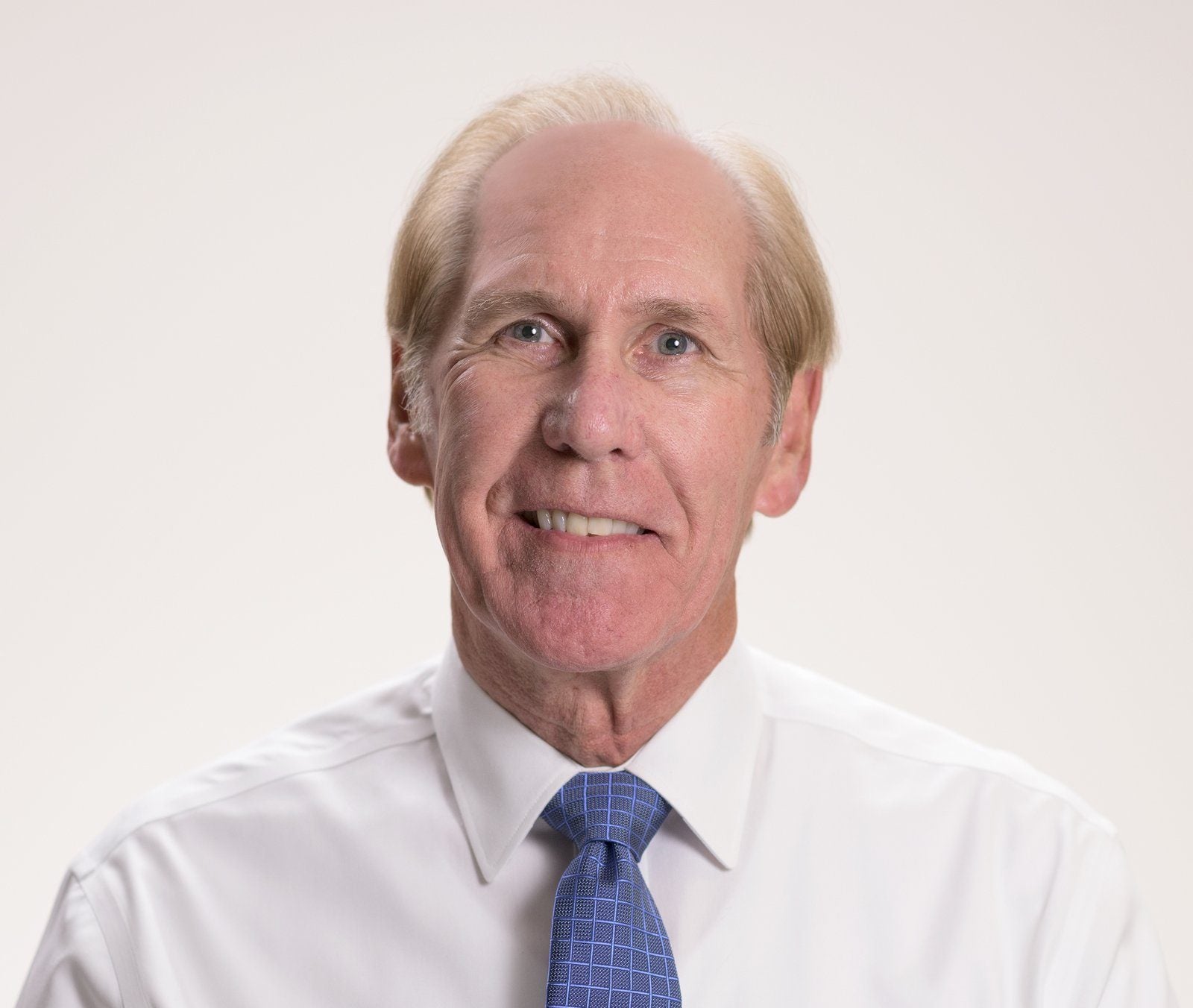What we do on Sunday
Published 2:22 pm Saturday, October 14, 2023

- Michael Brooks
|
Getting your Trinity Audio player ready...
|
By Michael J. Brooks
Political primaries commence in January, and our state goes to the polls on “Super Tuesday,” March 5. Negative ads will appear. None of us like them, but political consultants insist they work; hence, they’ll be back.
Pastors walk a fine line in political matters. Moral issues are “fair game,” though we try to avoid any endorsements.
During the Bill Clinton scandal, I made a few comments about morality and influence, and I took some incoming from church member Ted. I passed Ted on the highway one day and saw he had five Clinton bumper stickers, so he felt strongly about the man! I thought I had a duty to speak on the issue, though I didn’t think I strayed into any kind of party endorsement.
Many of us Southern Baptists were intrigued by the Carter candidacy in 1976. Here was a Southern governor, a deacon and Sunday School teacher who was “born again.” I served a church in Indiana during seminary days and tried to be cautious on Sundays since Indiana was quite red. In the middle of this campaign President Gerald Ford visited First Baptist Church in Dallas, at the time the largest SBC church in the nation. Pastor W.A. Criswell saw Ford off on the front steps after the service. With the cameras of the nation whirling, Criswell said to Ford, “I hope you win.” Thus, the pastor of our largest church, and former president of our convention, was on record endorsing Ford, not fellow Baptist Carter. (It didn’t help that the infamous Carter “Playboy” interview had just been published.)
Criswell was a pastoral model for my generation, but I did learn from this slip. I’ve never endorsed a candidate publicly, though, of course, I have political preferences. I’ve wondered what I’d do if a church member sought office. I think I’d endorse him or her, but this hasn’t happened. A few years ago, two deacons at First Baptist Church in Montgomery ran for U.S. Congress from opposing parties. Oh, my!
The late Elton McGaha of Selma schooled me once about peripherals.
Rhonda was a summer intern at our church, and I wished her well on her final Sunday before she returned to the University of Alabama. I made some light-hearted comment as an Auburn grad. Elton came to see me the next morning.
“Michael, what we do on Sunday is more important than football,” he said.
I shared this story when I conducted Elton’s funeral in 2020. I’ve tamped down football talk at church ever since, at least from the pulpit. What we do on Sunday is more important than football.
And what we do on Sunday is more important than whose name is on the ballot.





